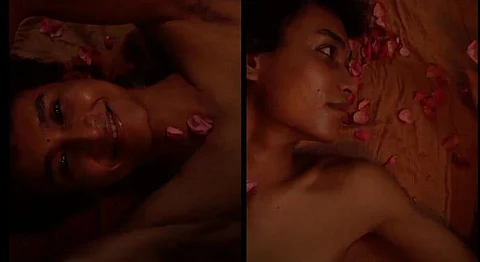
- #HGCREATORS
- #HGEXPLORE
- #HGVOICES
- #HGSHOP
- CAREERS
- ABOUT US
- CONTACT US

In a society that loves to fit us into binary boxes of gender, it comes as no surprise that entire generations willingly and unwillingly internalize what it means to be masculine or feminine. As scholar Judith Butler has long argued, “Gender reality is performative which means, quite simply, that it is real only to the extent that it is performed.”
The idea of gender and its identity takes place necessarily through acts of repetition and this performance is further reinforced by the reactions we get when we fail to adhere to these gender norms.
In a largely patriarchal and heteronormative society that places such great importance on gender roles and their performance of it, ideals of masculinity are also sure to be limited in scope.
Manliness and masculinity then come to be defined within the purview of the figure of the ‘macho’ or ‘alpha’ as toxic masculinity pervades every aspect of men’s life. Society often tells men to ‘man up’ and starts conditioning young boys to believe that ‘boys don’t cry’. It comes as no shock then that men struggle to come to terms with their own emotional and psychological needs.
Breaking away from this limited scope of masculinity is writer, researcher, and photographer Raqeeb Raza whose work has always presented itself as an antithesis to the mainstream representation of masculinity, sexuality, and gender. Talking about his work Tender as Male, he tells me, “How often do you associate masculinity with tenderness? How often do we look at the male body tenderly, like it’s comforting and reassuring? We have always associated the male body with violence, rigidness, and intimidation because of our experiences with men in a patriarchal society like ours. They are justified, they make sense. But what would male tenderness honestly look like?”
His video documentary is an attempt to find an answer to this question. It is an honest inquiry and a beautifully moving work that explores and celebrates masculinity in a way that is far removed from its mainstream portrayal.
He says, “Can we imagine a future where masculinity isn’t associated with toxicity, where we can look at male bodies more softly, as a more comforting visual? Can we imagine a future where masculinity as a term evolves into something inclusive and boundless? Where certain roles aren’t expected? Dreaming of this future as I write with Debo in mind and heart.”

Debo, a queer and creative individual in their own right, is the muse of this series, in our conversation about what this series means to them, they say, “I had never been against the idea of nudity. But because I had always been bullied my whole life for being skinny, often at times over the years I had hated my body so much. It’s only recently that I have started accepting it – its desirability. It’s only recently that I have started to let the others gaze at it – my body. This project was of paramount help in making myself more comfortable with my own body. Like one step taken at a time, it appeared to me as if I could do this one I could do much more for myself in the future.”
Once in an entirely separate conversation with Raqeeb I asked him what the most rewarding and joyous part of creating has been and he said, “An aspect is how my work helps me unlearn and learn my own notions around body and sexuality and helps me grow every day.”
With his latest piece of work, this is exactly what he has managed to do again while also creating a community and a space for a new generation of individuals to openly express themselves as well as their masculinity and celebrate it as they move away from society and pop culture’s limited understanding of what masculinity entails.
Watch Tender As Male here.
Take a look at Raqeeb’s work here.
You can follow Debo here.
If you enjoyed reading this article, we suggest you also read:
